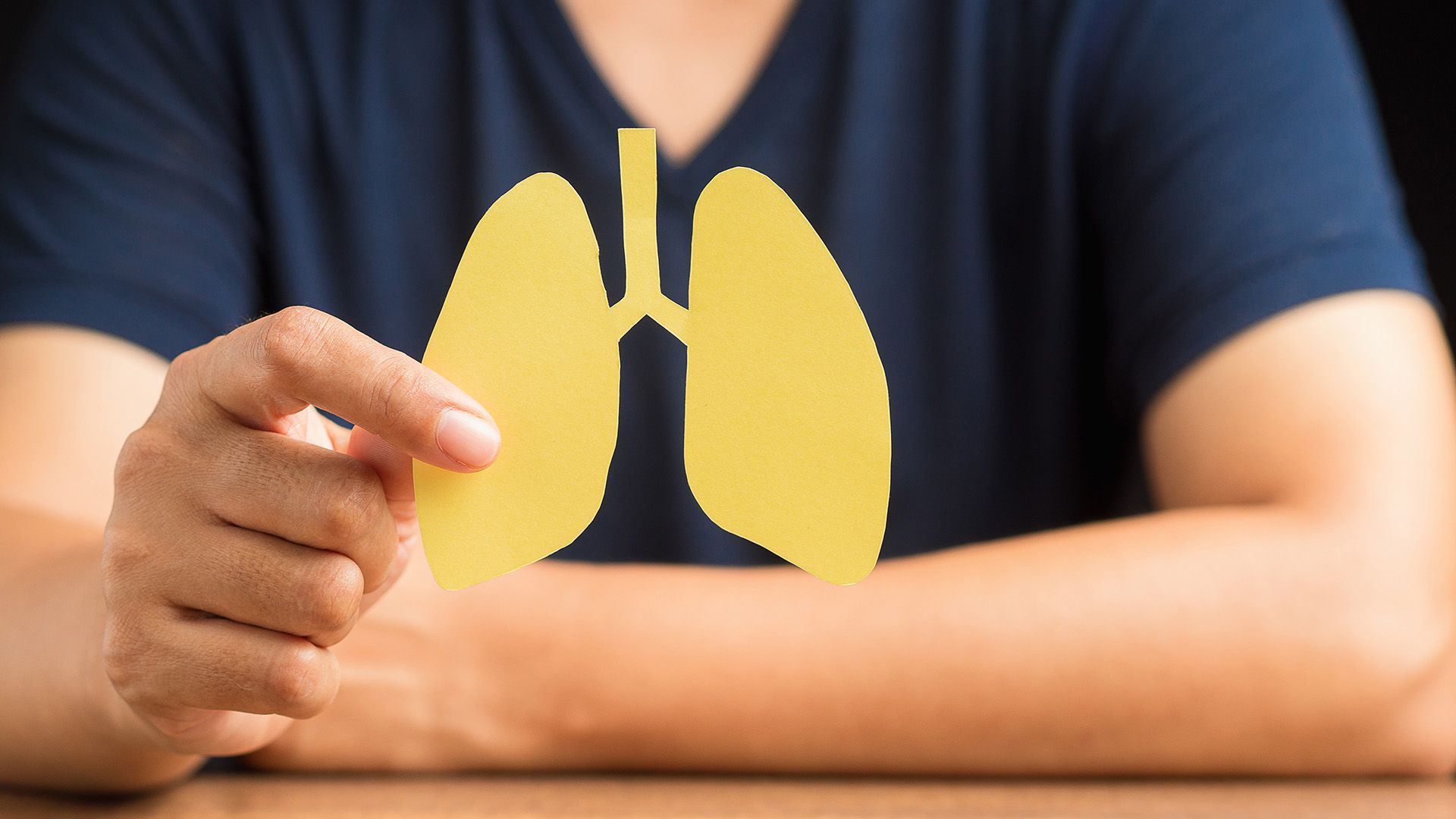What parents should know about the onset of psychiatric conditions in adolescents
Drickus Maartens • March 4, 2020
Adherence to prescribed treatment is crucial, psychiatrist warns
There are a number of mental health conditions that often may surface in adolescents, among others bipolar disorder and schizophrenia. While it can be distressing for the whole family when their teenager suffers from a psychiatric condition, developing an understanding of the condition and its treatment can help to better equip parents to support their child’s mental well-being.
“Diagnosis of a psychiatric condition is often complex, and it can be even more so in adolescents,” notes Dr Ulli Meys, a psychiatrist who practises at Akeso
Kenilworth and specialises in adolescent mental health.
“This is the life stage where they are developing their own identity, distinct from their family unit, and young adults are beginning to express their character or personality. This can often be a stressful transition, especially as it coincides with a time when many young people are tempted to experiment with drugs or alcohol,” he notes.
“Schizophrenia and bipolar disorder can usually be managed with medication, but psychiatric medication for adolescents should only be prescribed by a specialist psychiatrist in specific circumstances, following a thorough assessment,” Dr Meys asserts.
“Without the appropriate psychiatric treatment, both bipolar disorder and schizophrenia will be likely to escalate, and it is therefore really important to ensure an accurate diagnosis, bearing in mind that both of these conditions have symptoms that may overlap with other disorders and present similarly,” Dr Meys explains.
“We need to be extremely rigorous in our assessment in order to ensure that the condition is correctly diagnosed so that the treatment prescribed is appropriate, and therefore more likely to be beneficial.
“For example, for a diagnosis of bipolar disorder to be made, the manic phase of bipolar should persist for at least a week. Where such symptoms last for only a day or two, this could simply be an expression of adolescent exuberance, rather than a significant ‘symptom’ of the mental health condition.”
Where a person in their late teens develops psychosis, which is defined as a state where the individual loses touch with reality and may experience hallucinations or delusions, this could be an indication of schizophrenia. In the short-term, this can be difficult to distinguish from toxic psychosis, which is a reaction to drugs, alcohol or even certain medication.
Psychosis commonly involves the individual experiencing delusions that they are either being persecuted or watched and is accompanied by paranoia, or where they have delusions of grandeur, and the individual believes they have special powers or influence.
“To differentiate between psychosis brought on by schizophrenia and toxic psychosis, we would look at several factors. Schizophrenia has a strong genetic link, and establishing whether there is a family history of schizophrenia would be an important factor to consider. The family may also be able to describe whether the change in the teenager’s mental state occurred suddenly or over a number of weeks, and whether there is a known history of association with drugs.”
Where the psychotic episode is linked to schizophrenia, a gradual change may be observable over weeks or months with the person behaving increasingly out of character, as opposed to toxic psychosis where the onset is sudden and marked. While substance abuse may point to toxic psychosis, it should be noted that using recreational drugs such as cannabis often triggers the onset of schizophrenia in those who are predisposed.
“In most instances, the effects of toxic psychosis will wear off in a few days to a few weeks, whereas delusions related to schizophrenia do not resolve themselves and tend to deepen over time,” Dr Meys notes.
“At the Akeso Kenilworth Adolescent/Young Adult (KAYA)
mental health facility, we are able to supervise and closely monitor the individual’s condition and well-being in the in-patient setting. Typically, an adolescent will spend three weeks in our facility, where we are able to perform careful assessments to achieve an accurate diagnosis, stabilise their condition and develop a treatment plan that will continue on an outpatient basis once they are discharged.”
Dr Meys says that experiencing psychosis can be traumatic, and those who have been through such an episode benefit from counselling to assist them in integrating the experience.
“An important part of the treatment is educating the individual concerned and their family about the specific condition, and the importance of managing it on an ongoing basis. We share information about what to expect from the medication, including common side effects, and the importance of adhering to the prescribed medication even when the person feels ‘well’ again.
“It is a common misperception that once the individual feels better, there is no need to continue with psychiatric medication. In fact, this is an indication that the medication is working and, unless the treating psychiatrist advises otherwise, the person should continue taking their prescribed medicine on an ongoing basis or risk a relapse,” Dr Meys concludes.













